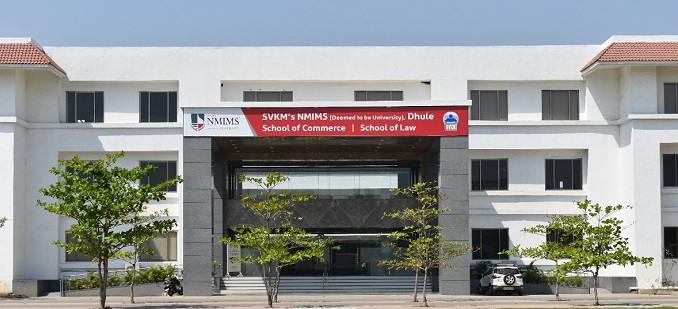Dhule Campus spans 33 acres and is modern and technologically advanced. The campus houses Management, Commerce, Engineering, Pharmacy, and Law Schools, fostering interdisciplinary collaborations, idea exchange, and information. Males & females have separate hostels & mess facilities. It is located at the crossroads of three national highways, namely NH-6 (Surat-Nagpur), NH-3 (Mumbai-Agra), and NH-211 (Dhule-Solapur), and has excellent connectivity to airports and the hinterland. Smart classrooms, cutting-edge computer laboratories, and language labs with single-handed access. Smart boards and student portals are examples of cutting-edge teaching and learning tools. A sophisticated web gateway and a well-equipped physical and digital library with access to digitized reputable journals, company databases, e-books, and video lectures. The class composition includes students from all around the country, which promotes overall development. Academic Support is available 24 hours a day, seven days a week, and the campus is Wi-Fi equipped. Expert talks from industry and a reputable academic institution.
